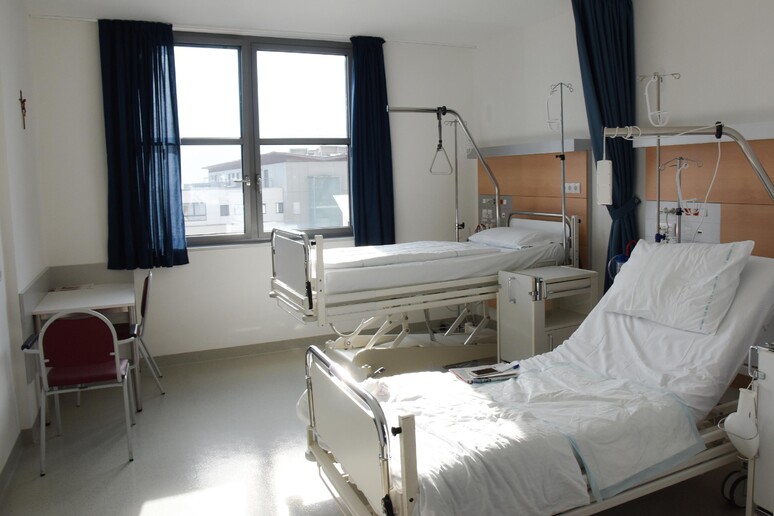A terminal ALS patient has
asked for and been given palliative sedation until death in the
first case of its kind in Italy, media reported Tuesday.
Dino Bettamin, a butcher from Montebelluna near Treviso, died
on Monday aged 70.
He had been suffering from the progressive fatal
neurodegenerative disease for five years.
On Tuesday his wife Maria Pellizzari said the request for
palliative sedation had been "a clearheaded life choice" by her
husband and the rest of the family, and insisted it was "not
euthanasia".
"It was a clear request for sedation based on a clear
refractory symptom, due to anxiety that couldn't be controlled
using medication and psychological treatment," the nurses of
Cura con Cura, the private company the has provided home health
care since 2015, explained.
Following an episode of acute respiratory distress on the
evening of February 5 the doctor on call increased the dose of
sedative already taken by Bettamin and the following day the
home care doctor began administering the other medication
required by protocol.
"He never asked for the life-support system to be switched
off, although this is allowed by law in cases of profound
sedation," the nurses said.
"He made a choice in line with the law, bioethics and his
great faith."
Veneto regional governor Luca Zaia on Tuesday expressed his
"greatest respect" for Bettamin's choice.
"Personally I think that the living will must become a
reality in a civil country such as the one that Italy claims to
be," he added.
"It is pleasing that the pope has also spoken out in this
direction, against hostile therapies," Zaia said.
"However I think the living will is the resolving
precondition for all these cases," he concluded.
A controversial bill on end-of-life provisions introducing
the possibility for people to state their wishes for end-of-life
medical care in the event they become unable to communicate
their decisions (living will) is currently before parliament.
ALL RIGHTS RESERVED © Copyright ANSA











